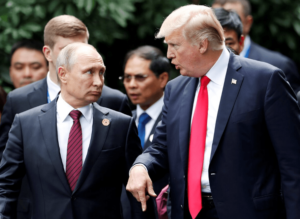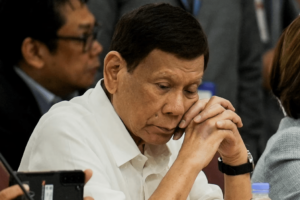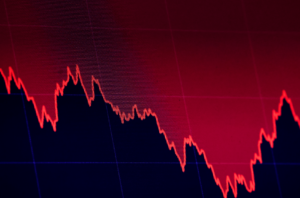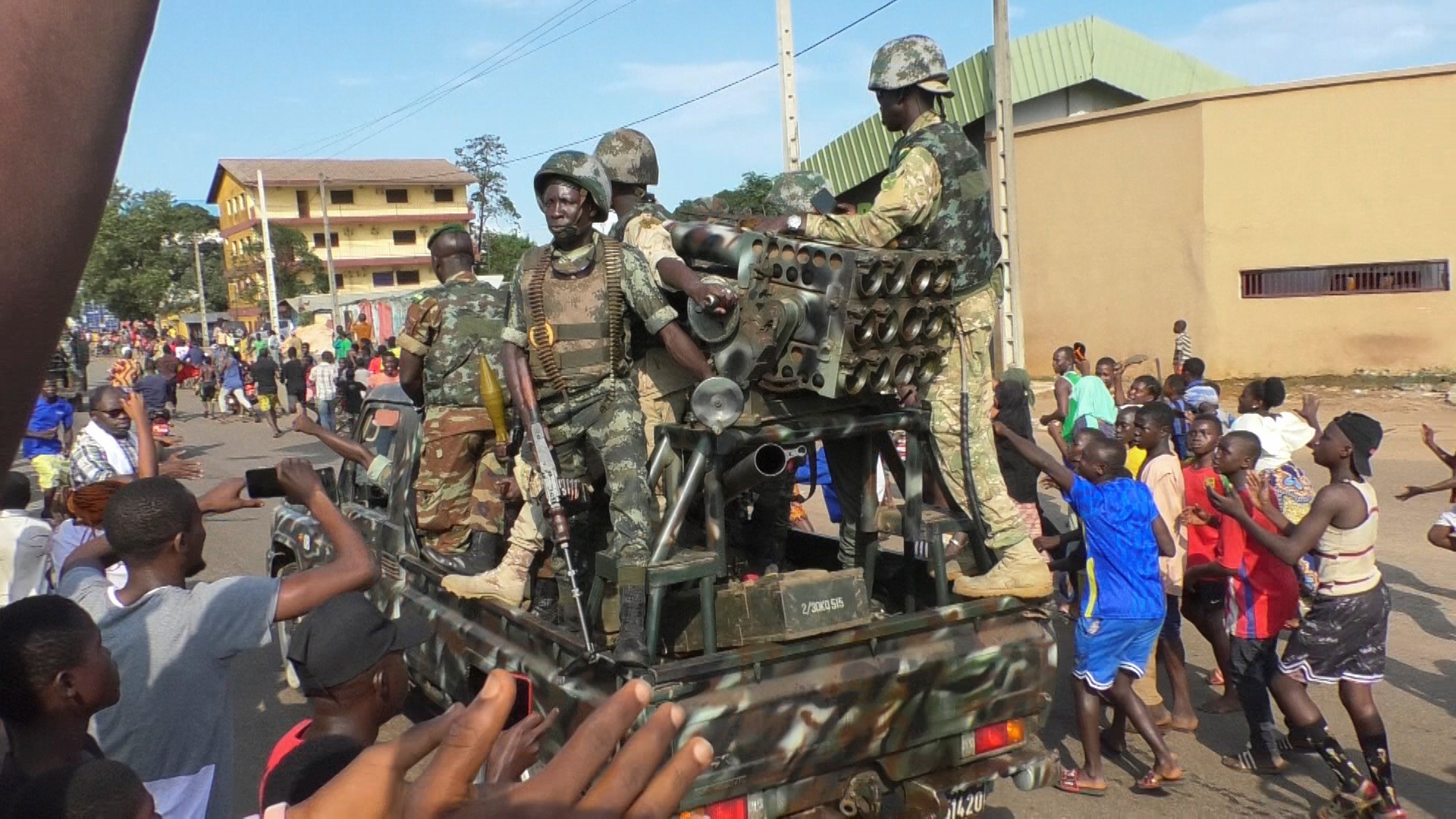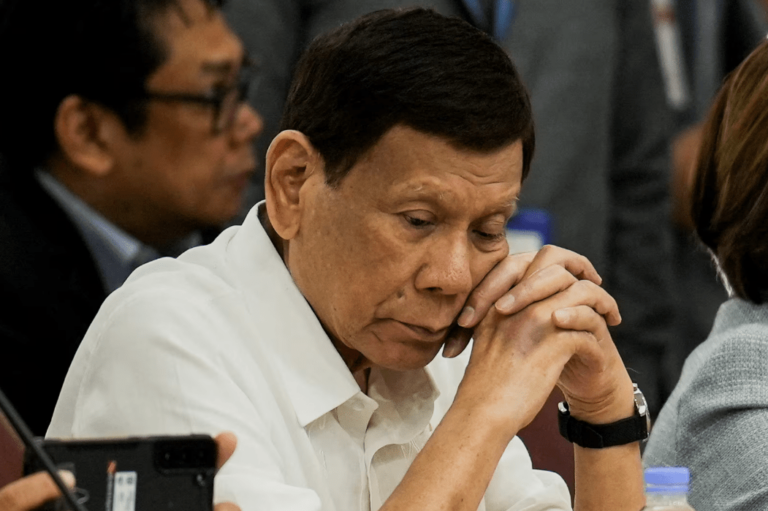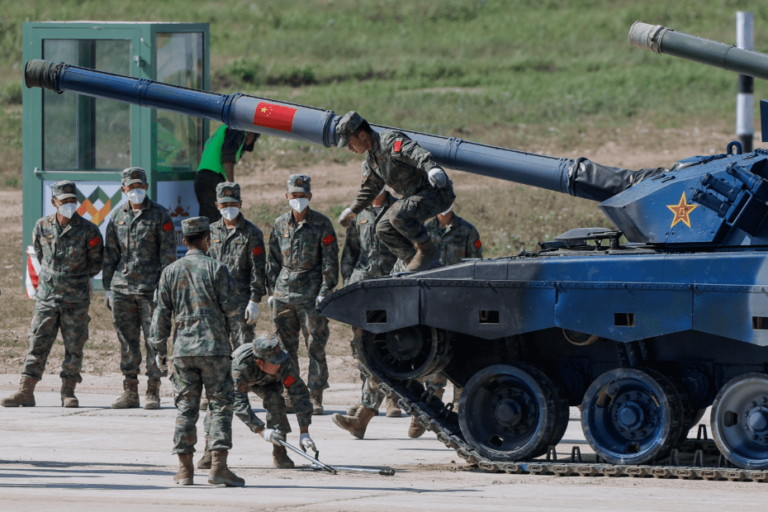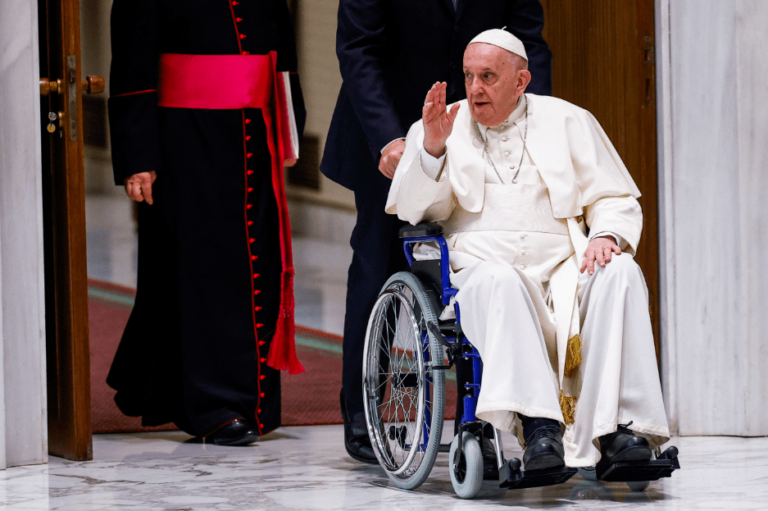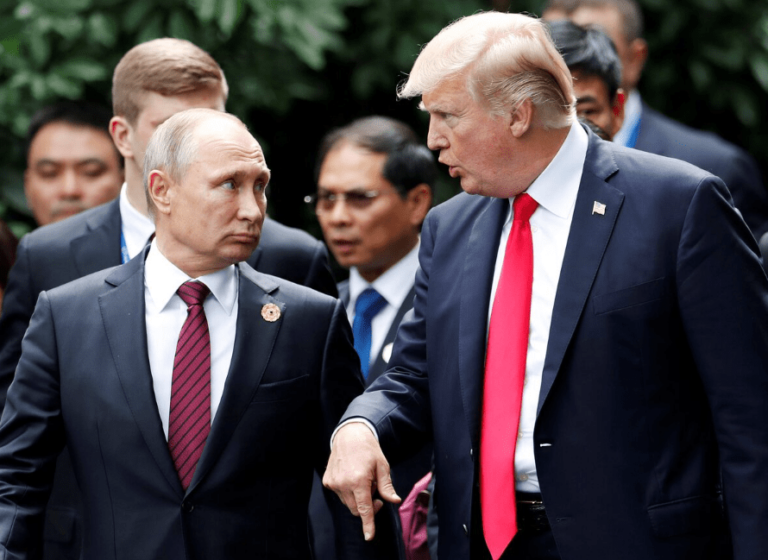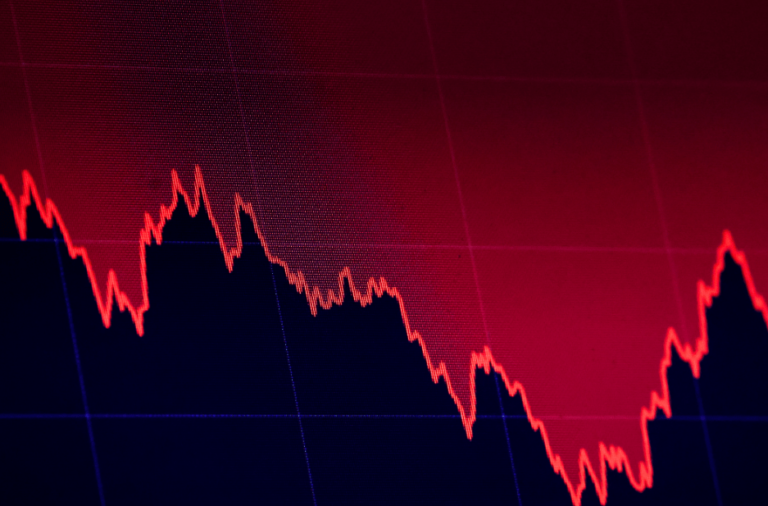After hours of heavy gunfire erupted outside the presidential palace in the capital of Guinea, soldiers arrested President Alpha Conde and proclaimed on state television that the government had been dissolved in an apparent coup d’etat.
In a declaration read out on state television by army Col. Mamadi Doumbouya, who informed Guineans: “The duty of a soldier is to save the country.” He added that the country’s borders will be closed and its constitution dissolved.
At a press conference on Monday, the junta revealed plans to replace Guinea’s governors with regional commanders, warning that “any refusal to attend will be considered rebellion” against the country’s new military authority.
Conde’s whereabouts had been unclear for hours following the fierce battle in downtown Conakry on Sunday until a video surfaced showing the 83-year-old leader exhausted and unkempt in military captivity.
Conde was in communication with his physicians, according to the junta’s statement. However, they provided no timetable for his release.
Conde, who has been in power for more than a decade, has lost popularity since he sought a third term last year, claiming that term restrictions did not apply to him. The dramatic events on Sunday highlighted how resistance had grown within the military as well.
Doumbouya, the head of the army’s special forces unit, urged fellow troops to stay in their barracks and “put themselves on the side of the people.” The army colonel said he was acting in the country’s best interests.
Conde’s election win in 2010 — the country’s first democratic vote — was meant to represent a new beginning for a country beset by decades of corruption, authoritarian leadership, and political upheaval. In the years following, opponents have said that Conde, too, has failed to better the lives of Guineans, who, despite the country’s immense resources of bauxite and gold, live in poverty.
He nearly escaped an assassination attempt the year following his first election, when gunmen surrounded his residence overnight and fired rockets into his bedroom. Inside the property, rocket-propelled grenades landed, killing one of his bodyguards.
Last year, after Conde staged a vote to change the constitution, violent street protests erupted. The turmoil grew after he won the election in October, and the opposition claimed that dozens of people were killed as a result of the situation.
ECOWAS, the West African regional organization, swiftly criticized the coup, threatening sanctions unless Conde was released immediately. U.N. Secretary-General Antonio Guterres opposed any takeover of the government by force.
The United States State Department has warned against violence and encouraged Guinean authorities to avoid “extra-constitutional” acts that will only erode Guinea’s chances for peace, security, and development.

